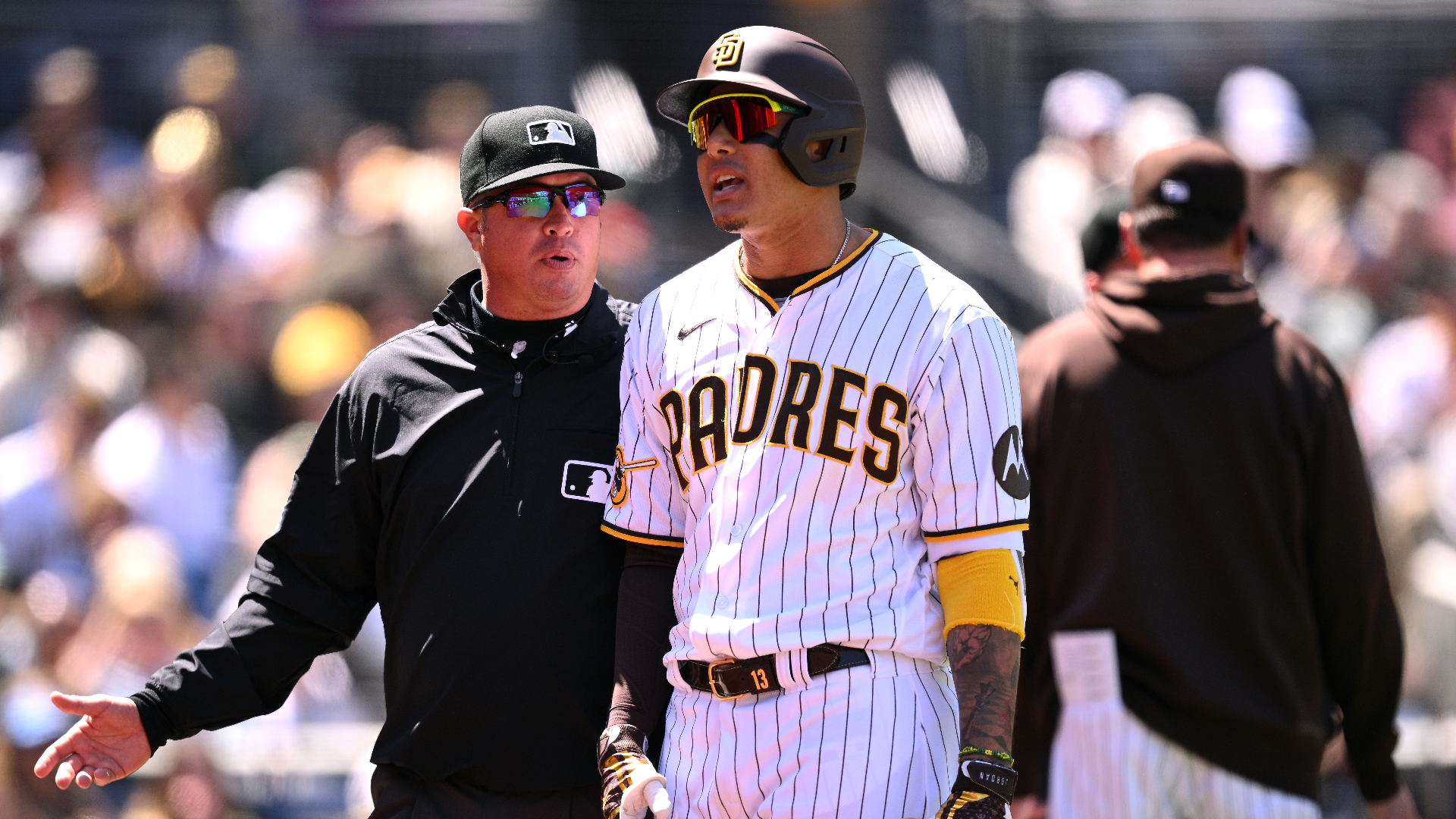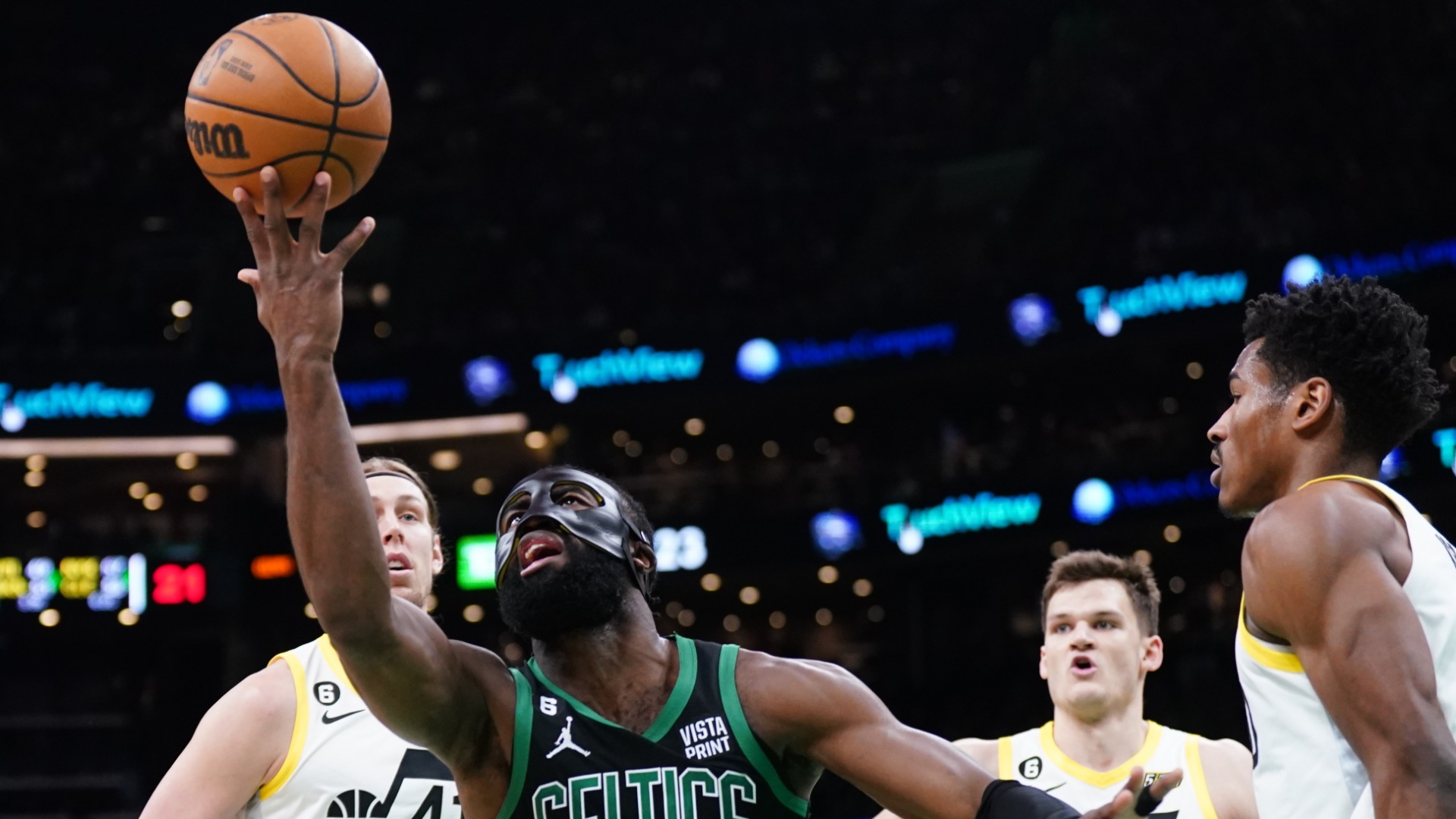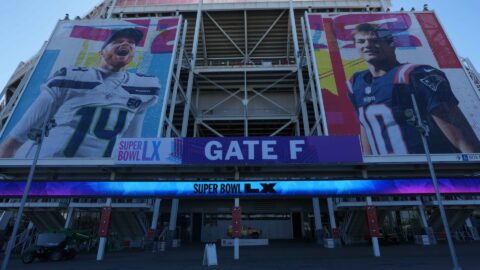Major League Baseball took initiative in presenting fans with an improved product before Opening Day this season.
The MLB introduced several rule changes such as the shift ban, pitch clock and increased base size all aimed at getting the games quick and to the point. And so far, so good. Players, while generally adapting smoothly, are in the batter's box and on the mound ready to go, speeding up the pace of play in an effort to make a four-plus-hour day at the ballpark a thing of the past. But is MLB done?
Former Boston Red Sox general manager Theo Epstein, who currently serves as a consultant for MLB, addressed one common solution proposal to better improve the blemish of human error in the game: Robotic umpires.
"The bottom line is, we don't know whether baseball's better without (Automated Ball/Strike System)," Epstein said, according to Jayson Stark of The Athletic. "And if it's better with ABS, whether we're better off doing the full ABS or the challenge (version). But I think a lot of those questions are going to start to be answered this year in Triple-A. And it'll be fun to talk to players, talk to fans, talk to umpires and dig into the data, to see if we can start to make this muddy picture a little bit more clear."
With balls and strikes practically subjective depending on the umpire behind the plate, inconsistencies remain an element in play within baseball, just like each of the four major professional sports. However, the MLB hasn't completely shut the door on the idea of introducing robotic ball/strike calling to the game.
The MLB announced in January that all Triple-A ballparks would implement an electronic strike zone, which would help gain a greater sense of perspective before considering the system for big league games in the future.
"You have to figure out exactly what you're solving for with ABS," Epstein said. "You don't want to force a solution without a problem. Do you just want better umpiring? Do you want every single call to be right? Do you want a more level playing field? What's the exact thing you're solving for? That's important to figure out."
For now, fans and players must remain content with the give-and-take nature of pitch calls behind the plate.






